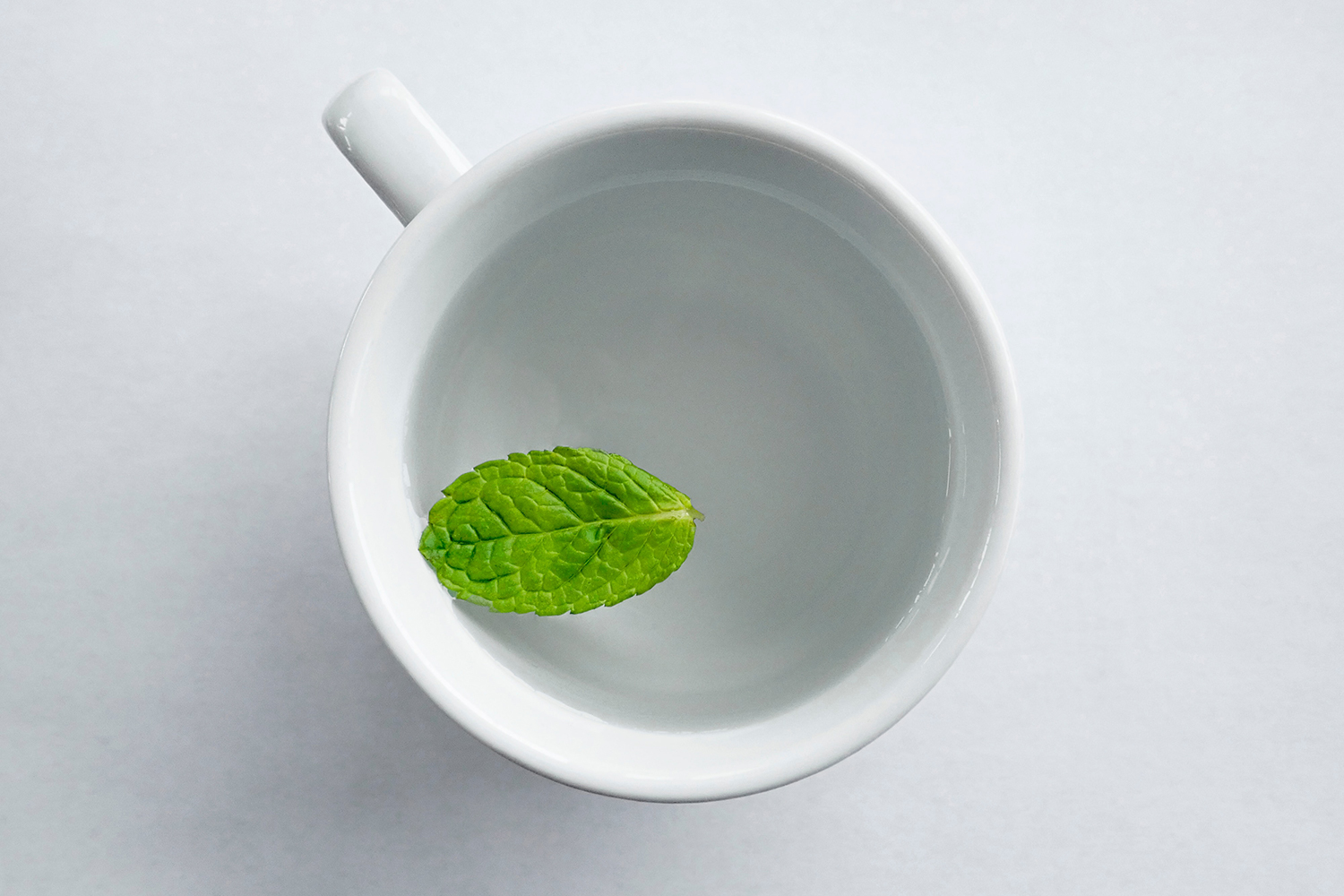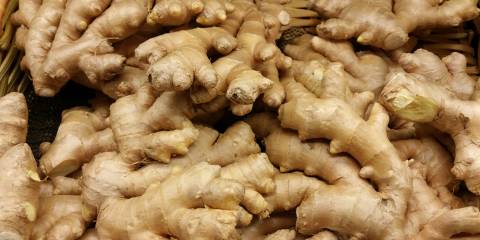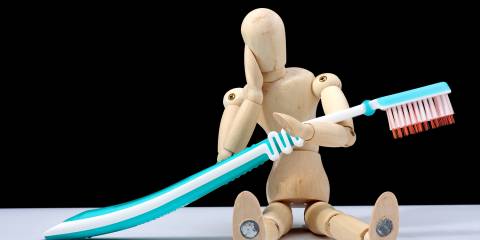Fresh mint has been used for thousands of years for its powerful healing qualities.
As for the garden of mint, the very smell of it alone recovers and refreshes our spirits. Pliny the Elder
Two easy-to-find varieties are spearmint (Mentha spicata) with its less pungent, sweeter flavor, and peppermint (Mentha piperita), which packs a more powerful punch.
Health Benefits of Mint
-
Important Nutrients
Mints provide vitamin A, iron, and antioxidants. Adding chopped fresh leaves and tender stalks to salads, smoothies, and juices is a simple and delicious way to increase your intake of these nutrients.
-
Soothing and Gentle Digestive
Mint is often used to soothe indigestion and nausea thanks to its oil, which relaxes the smooth muscles surrounding the intestine. A warming mug of peppermint tea aids digestion, relieves an upset stomach, and soothes nerves.
-
Fresher Breath
Who doesn’t love the cooling taste and smell of minty breath? Simply chew on one or two tender leaves.
-
Energizing and Calming
Simultaneously invigorating and relaxing, mint is perfect as a morning wake-me-up or an evening calm-me-down cuppa.
-
Headache Relief
Fresh or dried, in balms or oils, mint offers effective relief for headaches, including migraines. It also serves as a gentle treatment for acne (thanks to its salicylic acid), and a natural way to ease stress and anxiety.
How to Grow Mint
Mint is one of the easiest herbs to grow indoors and will thrive from October to April in a warm sunny window. Choose a healthy seedling from your local nursery, plant it in well-draining potting soil. Water thoroughly whenever the soil is dry and enjoy delicious mint all through the cold dark months of winter.
Simple Uses for Mint
-
Add to Fruit and Salads
Chop or tear a generous handful of mint leaves and add to fresh fruit salads (strawberry and watermelon pair well with mint). Or toss mint leaves with fresh greens, tomatoes, and your favorite light dressing.
-
Flavor Your Water
Add six to eight torn mint leaves along with several slices of cucumber to iced water.
-
Brew Some Tea
Fancy a cup of afternoon delight tea? Steep 4 to 6 bruised mint leaves and a 1-inch sprig of lavender in hot (not boiling) water for 3 to 5 minutes. Strain and enjoy.
-
Make a Face Mask
Blend or mash together 8 to 12 mint leaves, 1 tablespoon plain yogurt, 2 to 3 slices cucumber, and 1 teaspoon honey (a mortar and pestle is perfect). Apply to the face for 15 to 30 minutes before rinsing with cool water.




